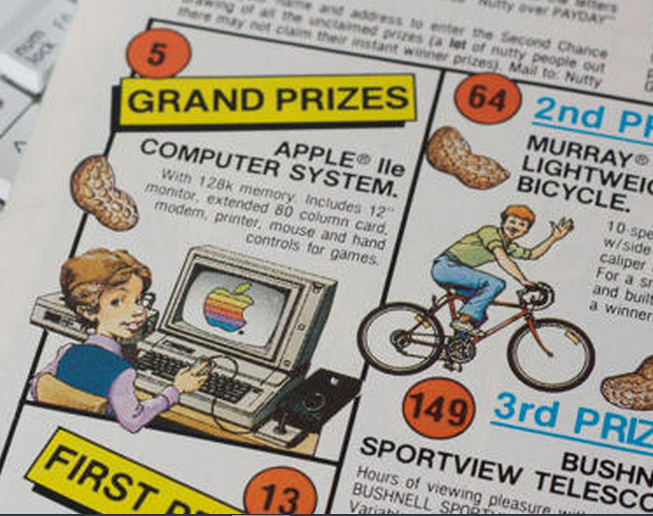
Sarah’s comments on a previous post inspired me to ask my facebook family and friends to comment on Mac Books and Mac Minis. This ended up being very helpful. I did not know how many of my friends and family were using Apple products so it was informative to read the comments of those that spoke up.
I will probably begin with a purchase of the “Mac Mini” which is as far as I can tell just a CPU. This will give Eileen and me an opportunity to see how we do with the Apple interface. I am also very hopeful that Eileen will find it more reliable and faster than anything we have had in a long time. We both watch each other’s frustration when we are unable to get our PCs and laptops to do what we think they should.

Sarah decided to purchase a Mac Mini yesterday and she blames me for getting her thinking about it. I will probably take a bit longer to move on this. Not only am I still learning about the world of Apple, Eileen and I are working with a reduced fixed income. I say fixed because both the church and the college are only giving me incremental annual raises which are not enough to change our life style. This may ease up a bit when and if Eileen goes on social security. At any rate large purchases (even $300-$600) need to be kept at a minimum at this stage.

I finished Mao: The Real Story by Alexander Pantsov and Steven I. Levine this morning. Apparently the book (as opposed to the ebook I read) has 724 pages. But the prose of the book really only takes up about 570 pages. The rest of the book is made up of footnotes, indices, 2 appendixes and a bibliography.

I started this book after returning from a visit to China last year. I had begun other biographies, but this one seemed to be most level headed. Even it is pretty hard on Mao. But it does use resources that have only relatively recently been made available to historians.

In the Epilogue, the authors sum up nicely:
Mao was not like Hitler, he did not start WWII, he was no racist, and he did not have plans to exterminate tens of millions of people on purpose. It is true that he was responsible for the deaths of more people than any other dictator in twentieth-century history, but most of the deaths were primarily caused by his monumental mistakes in economics. Pantsov, Alexander V.; Levine, Steven I (2012-10-02). Mao: The Real Story (p. 575). Simon & Schuster. Kindle Edition.
I am copying this quotes from my PC Kindle reader. I have included the automatic attribution which I usually delete or rewrite.

A talented Chinese politician, an historian, a poet and philosopher, an all-powerful dictator and energetic organizer, a skillful diplomat and utopian socialist, the head of the most populous state, resting on his laurels, but at the same time an indefatigable revolutionary who sincerely attempted to refashion the way of life and consciousness of millions of people, a hero of national revolution and a bloody social reformer— this is how Mao goes down in history . The scale of his life was too grand to be reduced to a single meaning. Pantsov, Alexander V.; Levine, Steven I (2012-10-02). Mao: The Real Story (p. 575). Simon & Schuster. Kindle Edition.
I do feel like I have a better understanding of the Chinese Communist revolution after reading this book.
